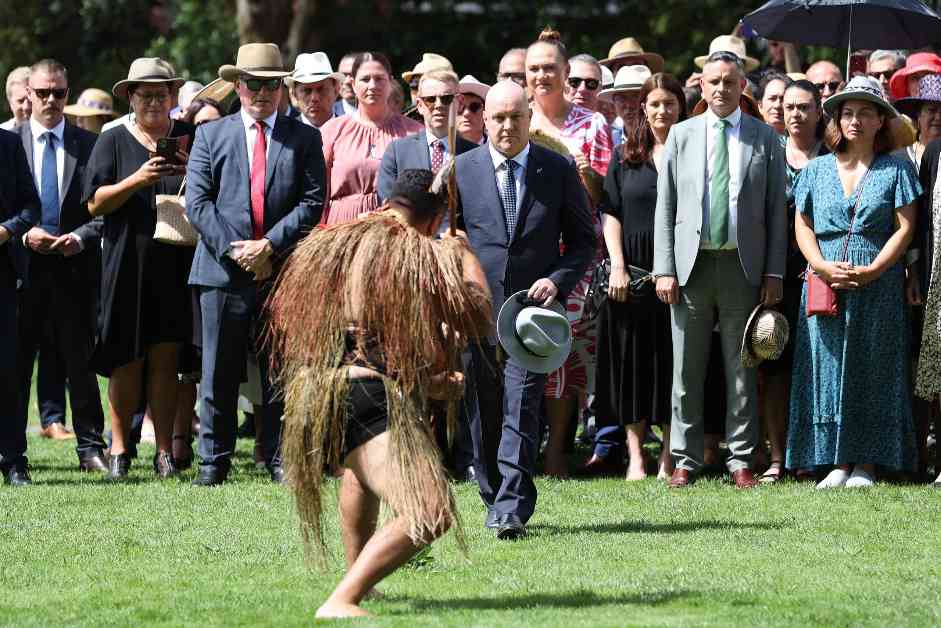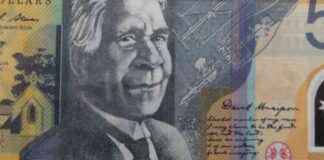Luxon’s Controversial Decision to Skip Waitangi Day Ceremony
New Zealand Prime Minister Christopher Luxon has stirred controversy by announcing that he will not be present at the Waitangi Day ceremony in Waitangi itself next year. This decision comes at a time when he has recently acknowledged that the relationship between the Māori and the Crown has deteriorated during his tenure. Luxon has expressed his intention to participate in Waitangi Day events elsewhere in the country to gain insight into how different iwi commemorate the occasion.
Political Optics and Timing
Luxon’s choice to skip the traditional Waitangi Day events has drawn criticism, with some speculating that it reflects his reluctance to face scrutiny or that he might be avoiding potential backlash. Critics, including Te Pāti Māori co-leader Rawiri Waititi, have raised concerns about the timing of this decision, questioning why Luxon did not wait for a more suitable moment to embark on his nationwide Waitangi tour. This move has been perceived as a missed opportunity for Luxon to demonstrate inclusivity and engagement.
Organizers’ Disappointment and Historical Precedents
While some Māori individuals have advocated against Luxon’s attendance at Waitangi, the organizers of the event have expressed disappointment over his decision. Various political figures, including former Prime Ministers like Helen Clark and John Key, have attended Waitangi Day events even after implementing controversial policies or statements. The absence of political leaders from such significant events could be interpreted as a lack of accountability and engagement with the indigenous community.
Leadership and Accountability
Luxon’s avoidance of contentious issues, such as the Treaty Principles Bill and the Waitangi Tribunal, has raised concerns about his commitment to engaging with Māori concerns. His absence from key events and reluctance to address media queries have led to questions about his leadership style and willingness to confront challenging issues. As Luxon navigates the complexities of Māori-Crown relations, his decisions carry significant implications for the future of New Zealand’s indigenous communities and political landscape.
In conclusion, Luxon’s controversial choice to skip the Waitangi Day ceremony reflects broader tensions in the Māori-Crown relationship and highlights the complexities of political leadership in a diverse and evolving society. As the Prime Minister grapples with criticisms and expectations, his actions will shape the narrative of reconciliation and collaboration between different communities in New Zealand.

















